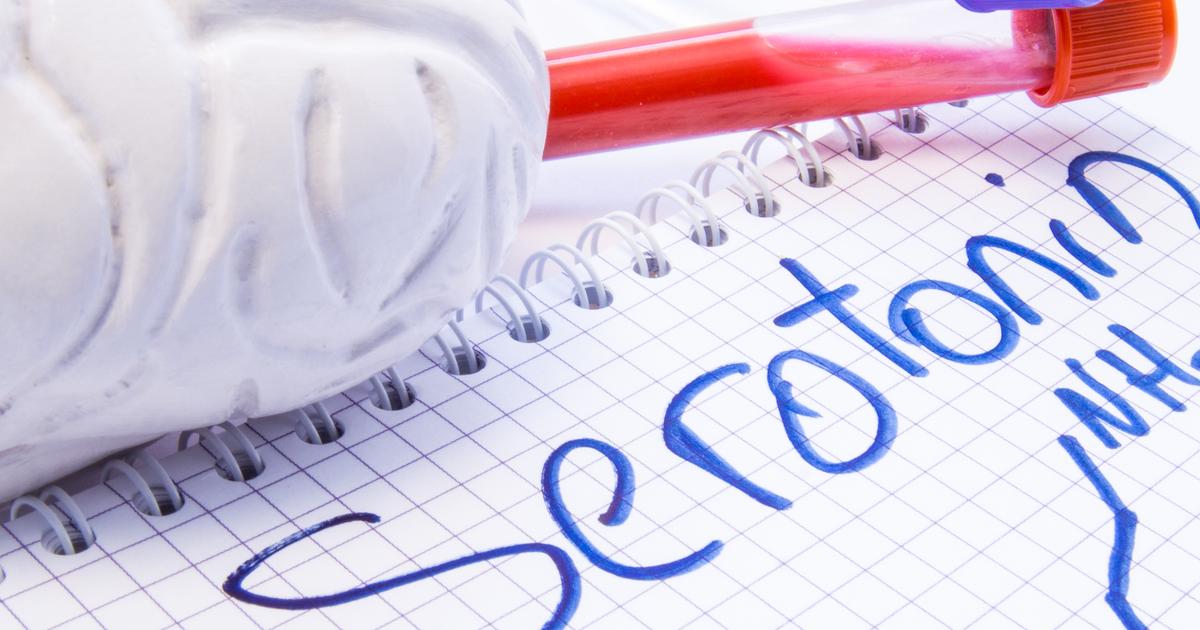What Is Amitriptyline?
Amitriptyline is a prescription antidepressant that belongs to a category known as tricyclic antidepressants. First developed in the 1960s, this medicine is used to treat major depression, and it is also prescribed in low doses to manage conditions that cause chronic pain. Amitriptyline can be taken as a tablet or liquid. It is normally taken daily, and doctors often recommend patients take it in the early evening hours or one to two hours before bedtime to reduce the potential side effect of morning sleepiness.
When used for pain control, doctors typically start with a dose of ten milligrams, and this can be increased to seventy-five milligrams or higher for patients who continue to experience persistent pain. Pediatric doses are calculated based on the child's weight and symptoms. It often takes at least six weeks of treatment with amitriptyline for patients to experience a noticeable improvement in their symptoms, and patients may continue taking this medication for months or years to effectively manage their condition.
How It Works

Amitriptyline increases levels of serotonin and norepinephrine in the brain. These levels are believed to be low in patients with depression. Unlike other forms of antidepressants, amitriptyline does not stimulate the central nervous system, and it does not block monoamine oxidase. Researchers believe amitriptyline allows serotonin and norepinephrine to remain in the brain for a longer period, and this is thought to be the reason it is effective in treating depression.
The medication has a particularly strong effect on serotonin levels, and it has a moderate effect on norepinephrine levels. After being absorbed in the gastrointestinal tract, amitriptyline is metabolized by the liver. Small amounts of the drug are excreted in urine and feces, and the elimination half-life of the drug is twenty-five hours.
Amitriptyline Uses And Benefits

As stated, amitriptyline is primarily used for the treatment of major depression. It is also prescribed 'off-label' for chronic pain associated with fibromyalgia and for sleep disturbances and pain associated with chronic fatigue syndrome. Some doctors prescribe it as part of a prevention plan for patients with migraines, and it may be considered as an option in the treatment of bulimia, insomnia, functional dyspepsia, attention-deficit hyperactivity disorder, and interstitial cystitis.
Studies suggest it may be beneficial for patients with diabetic neuropathy and other forms of neuropathy, and it is helpful in the treatment of postherpetic neuralgia as well. It may reduce bedwetting symptoms in children, and some doctors consider it for patients who are having difficulty with smoking cessation. In addition to reducing the symptoms of depression, the key benefits of amitriptyline include more restful sleep, fewer sleep disturbances, and reduced pain.
